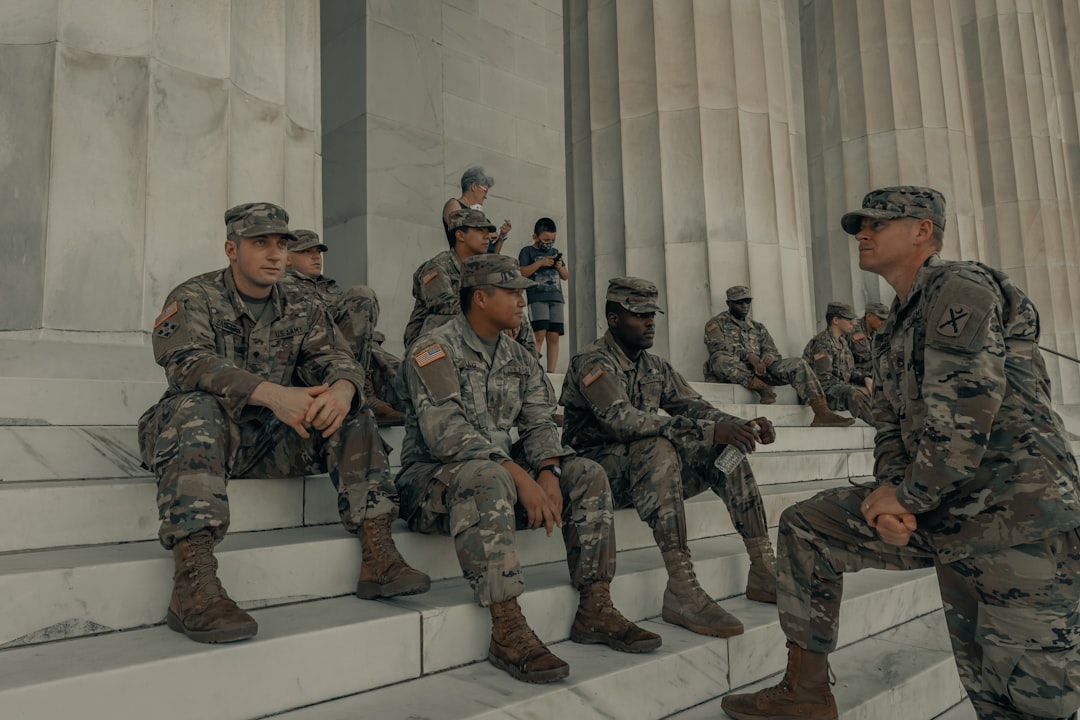What is it about?
This study relates the concepts of intentional speech and personal beliefs to attributing responsibility for racially oriented microaggressions by way of both empirical and conceptual discussions. Additionally, it draws on existing conversations in philosophy, psychology, sociology, and pragmatics to give a balanced view on why responsibility for microaggressions is a necessary first step in decreasing their prevalence as a societal problem.
Featured Image

Photo by Jr Korpa on Unsplash
Why is it important?
This article presents a truly interdisciplinary argument that weaves together important and relevant concepts in order to address the complexities of a social problem: racially oriented microaggressions. It draws on typically difficult conversations and seeks to lessen the prevalence of racially oriented microaggressions in the lifeworld.
Perspectives
Crafting this argument allowed me a fulfilling opportunity to delve into the academic disciplines in which I take the most interest and to blend them in the pursuit of one claim. My experience exploring the main themes of this article allowed me to think deeply about them and I hope that it prompts you to do the same. Thank you to Elena Cuffari who fostered my curiosity and guided me throughout this process.
Francesca Testa
Franklin & Marshall College
Read the Original
This page is a summary of: The boundaries of moral responsibility and racially oriented microaggressions., Journal of Theoretical and Philosophical Psychology, November 2023, American Psychological Association (APA),
DOI: 10.1037/teo0000264.
You can read the full text:
Contributors
The following have contributed to this page










